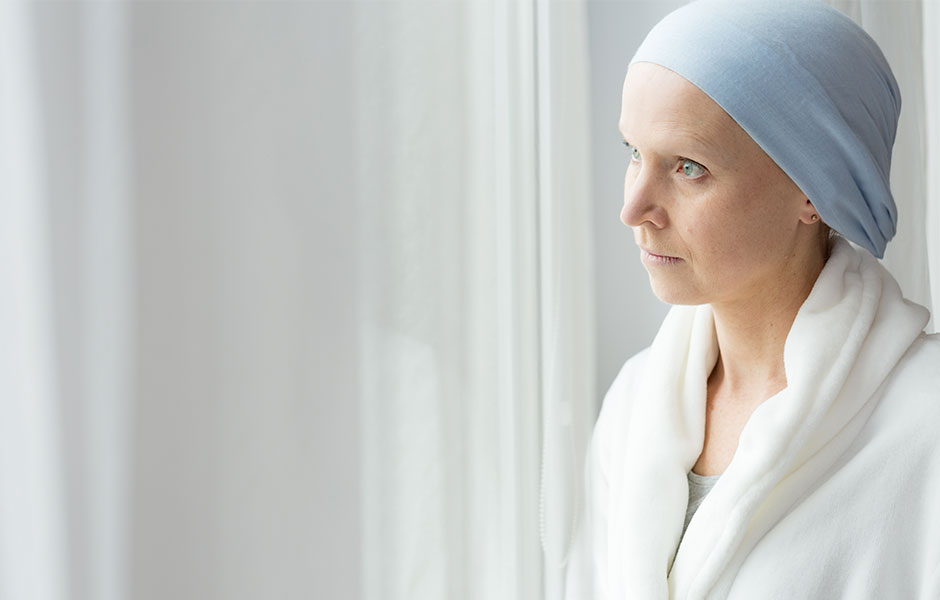A group of researchers from CINTESIS – Center for Health Technology and Services Research and the University of Aveiro (UA) want to know the opinion of women who have survived cancer about the information they received during the course of the disease. To do this, the researchers ask all women between the ages of 18 and 40 who have had breast or gynecological cancer to respond to the online survey available here.
The answers will serve to understand the gaps in the information given to young women diagnosed with these types of cancer during health care delivery, and then to define strategies to correct those gaps.
“Women who have overcome this disease are the right people to tell us what went well and what went wrong in terms of information. Did the health professionals tell you about the physical but also emotional symptoms expected during treatment? What about the risk of early menopause? Have the implications on sex been addressed? Or the potential genetic risk for the offspring? “, Says CINTESIS researcher Ana Bártolo, involved in this work.
“The participation of cancer survivors is essential to improve the information support that is provided to all women who will have to face the same process,” recalls the study’s leader, Isabel Santos, a researcher at CINTESIS and a professor at the University of Aveiro.
In addition to assessing information needs in young women who are survivors of breast cancer or gynecological cancer, this study intends to evaluate the psychological and social aspects of this problem. “It is interesting to see, for example, if these women feel more tense and nervous, if they are able to have fun as they did before the illness or have the same desire to take care of their image,” they explain.
The survey is hosted on a website where other information about other ongoing projects can be found. Completing the questionnaire – vital to the success of the research – is anonymous and confidential.
Besides the researchers Ana Bártolo and Isabel Santos, this study counts on the collaboration of Sara Monteiro, also a researcher at CINTESIS and a professor at the University of Aveiro; and the research work of Vera Silva, a student of the Master in Health Psychology and Neuropsychological Rehabilitation of the University of Aveiro.

